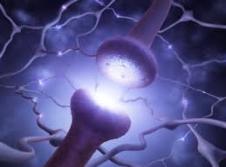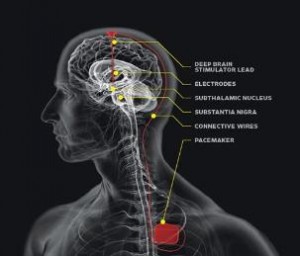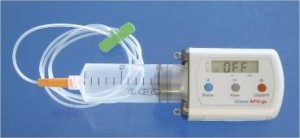The first area focused upon by doctors treating Parkinson’s disease is replacing brain dopamine, a neurotransmitter that controls and coordinates movement. Parkinson’s disease destroys the cells in the brain that create dopamine. As levels of the chemical fall, the body is unable to move and function as it once did. Falling dopamine levels translate to increasing movement impairment
The most commonly prescribed treatments for Parkinson’s disease seek to stimulate dopamine receptors and relieve the symptoms caused by the decline in the neurotransmitter dopamine. However, over time, these medications become less efficient, and medication side-effects may further compound the motor symptoms of the disease
At Richmond Neurology, we offer the most up-to-date evaluation of Parkinson’s symptoms and medication effects and offer treatment with the full range of advanced therapies the disease, including:
- Deep brain stimulation
- Apomine continuous infusion
- Duodopa




